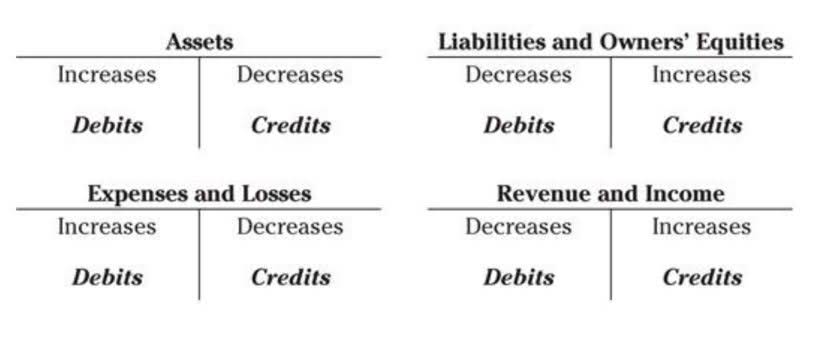
However, they receive fixed dividends and have a higher claim on assets in the event of liquidation, meaning they are paid before common shareholders. A shareholder, also known as a stockholder, is an individual, institution, or entity that legally owns one or more shares of stock in a public or private corporation. Shareholders have a claim on a portion of the company’s assets and earnings, proportional to the number of shares they own. Besides financial claims, shareholders often have certain rights and privileges, such as voting rights and dividends. A stockholder (or shareholder) is the one who owns the shares of a company. A stockholder has certain rights, such as voting in the corporate matters, receiving the dividend, and participating in Bookkeeping for Veterinarians the profits and losses of the company.
- They have the potential to move markets and can often be a source of a company’s financing.
- Typically, investors will use a brokerage account to purchase stock on the exchange, which will list the purchasing price (the bid) or the selling price (the offer).
- This includes the right to receive annual reports, as well as financial statements and other documents.
- He is a CFA charterholder as well as holding FINRA Series 7, 55 & 63 licenses.
- The fundamental accounting equation is assets equalling the sum of liabilities and equity.
How Is Equity Calculated?

A shareholder is a person, company or other entity that owns at least one share of a company’s stock. Shareholders are essentially owners of the company and, as such, are entitled to a share of the company’s profits, as well as a vote in certain corporate decisions. Return on equity (ROE) is a measure of financial performance calculated by dividing net income by shareholder equity. Because shareholder equity is equal to a company’s assets minus its debt, ROE could be considered stockholders definition economics the return on net assets. ROE is considered a measure of how effectively management uses a company’s assets to create profits. Private equity generally refers to such an evaluation of companies that are not publicly traded.
Shareholder (Stockholder): Definition, Rights, and Types
He is a CFA charterholder as well as holding FINRA Series 7, 55 & 63 licenses. He currently researches and teaches economic sociology and the social studies of finance at the Hebrew University in Jerusalem. Vivendi does not sponsor an American Depositary Receipt (ADR) facility in respect of its shares. Any ADR facility currently in existence is “unsponsored” and has no ties whatsoever to Vivendi. The securities of Vivendi SE, Canal+ SA, Havas NV, Louis Hachette Group SA have not been and will not be registered under the U.S.

Definition and Examples of Shareholders

The accounting equation still applies where stated equity on the balance sheet is what is left over when subtracting liabilities from assets, arriving at an estimate of book value. Privately held companies can then seek investors by selling off shares directly in private placements. These private equity investors can include institutions like pension funds, university endowments, insurance companies, or accredited individuals. Retained earnings are part of shareholder equity and are the percentage of net earnings that were not paid to shareholders as dividends. Think of retained earnings as savings since it represents a cumulative total of profits that have been saved and put aside or retained for future use.
- A Shareholder can exercise his participation rights in the AG at the Annual General Meeting.
- Equity can also refer to other items like brand equity or other non-financial concepts.
- Shareholders’ equity is, therefore, essentially the net worth of a corporation.
- Creditors and preferred shareholders receive a fixed payment from the corporation, so the common shareholders could benefit if the business generates significant profit.
- Shareholders hold equity in the company, and receive dividends and capital appreciation on their shares only if the business does well and generates sufficient income.
- By following the corporate laws, shareholders can trust that their investments are being managed responsibly and that the company is adhering to accepted standards of conduct.
How to Compare Common and Preferred Stock

Securities Act cash flow of 1933 (as amended, the “U.S. Securities Act”) or the U.S. This press release and the Vivendi SE information document to which it refers do not constitute an offer of securities for sale in the United States or to U.S. January 15, 2025, is the deadline for the payment of social levies (prélèvements sociaux) and/or non-final withholding tax (prélèvement non libératoire) or withholding tax (retenue à la source). From streamlined operations, improved collaboration, and enhanced security, the platform offers a one-stop solution to all investment issues.